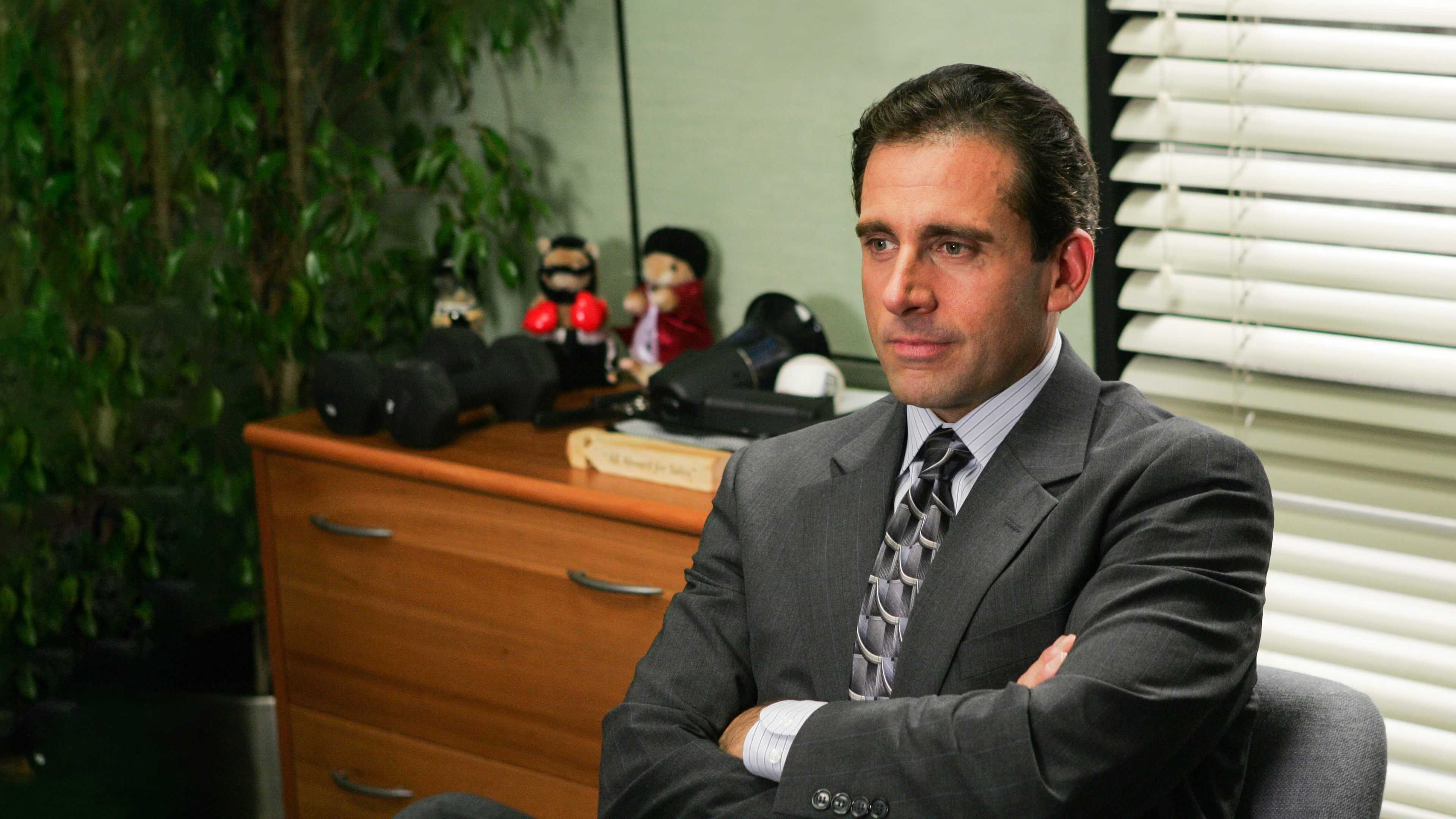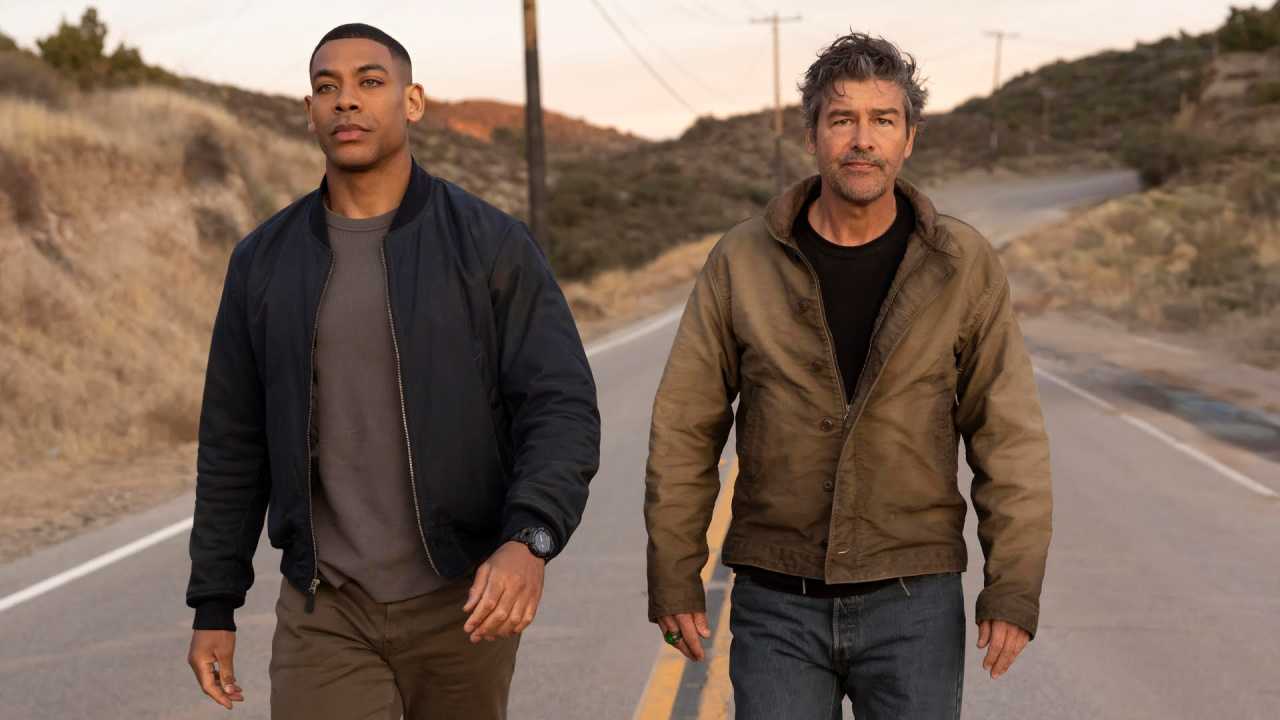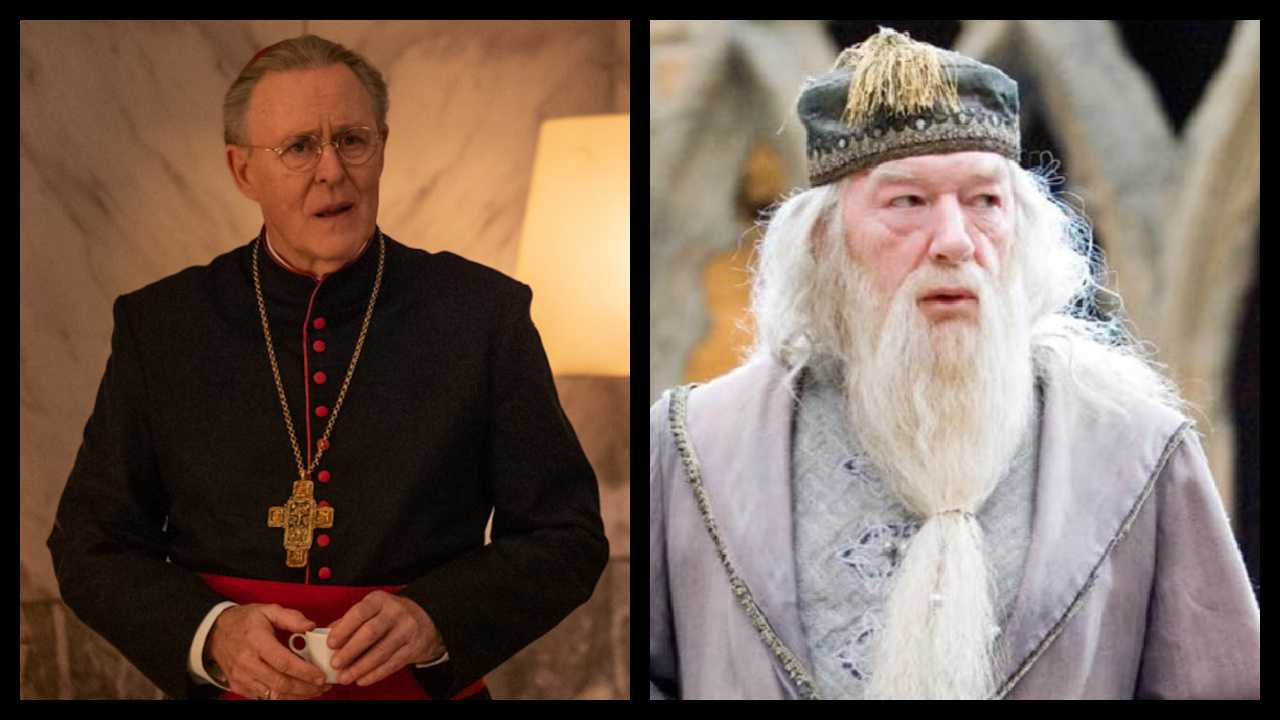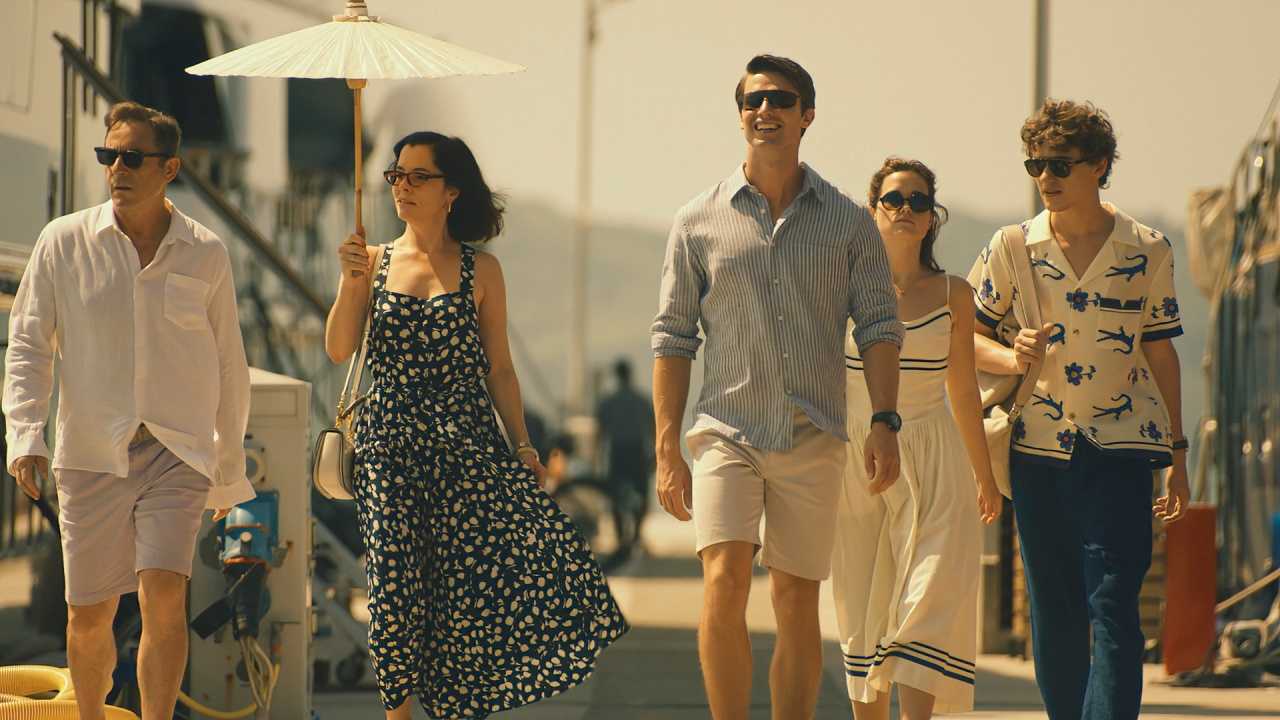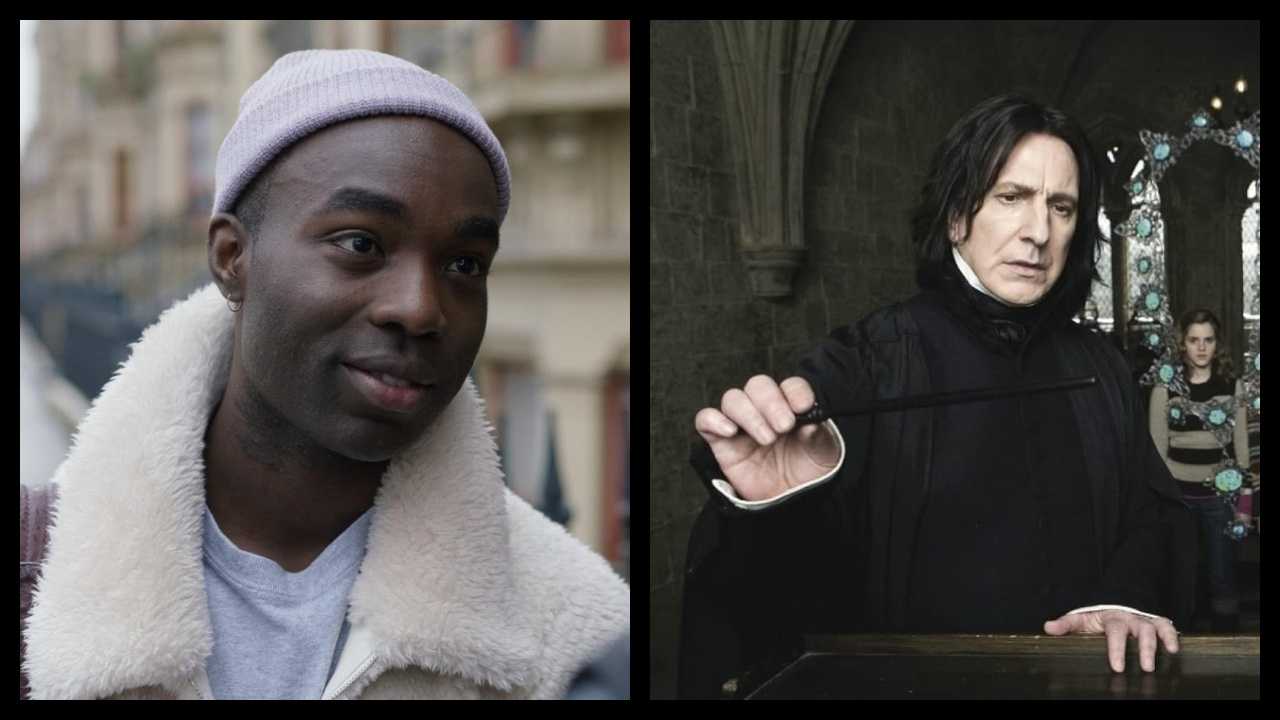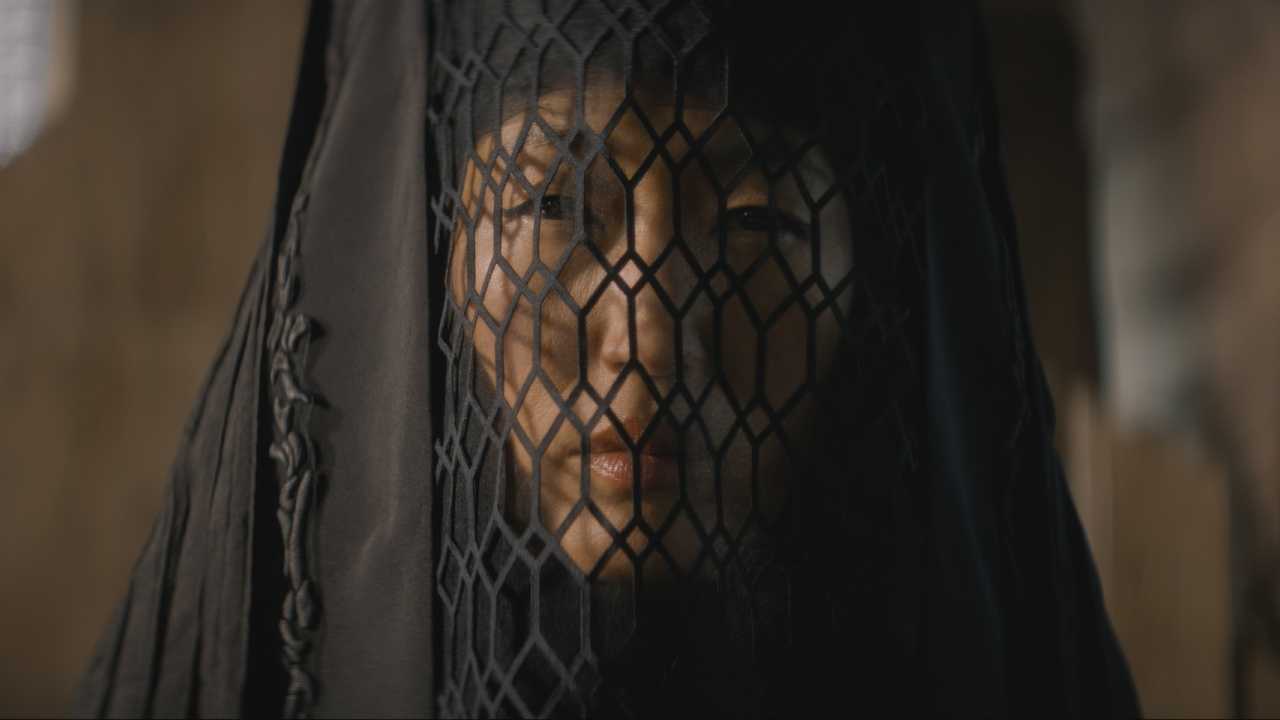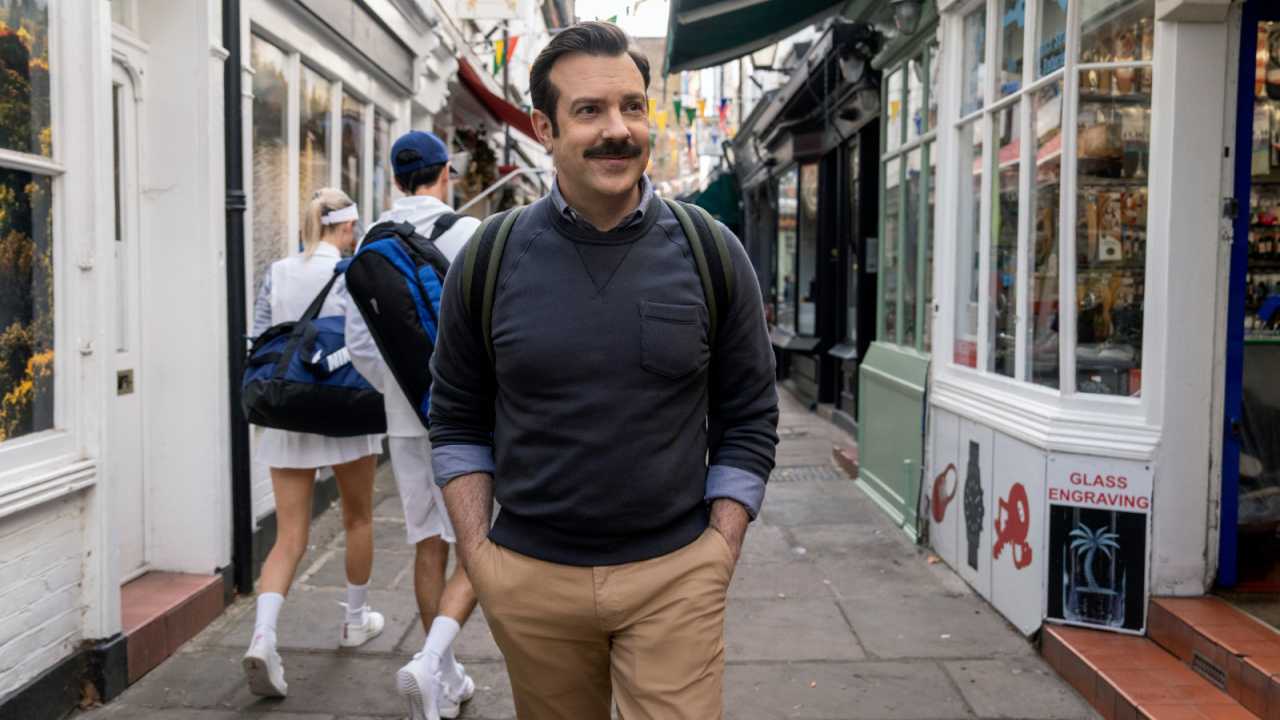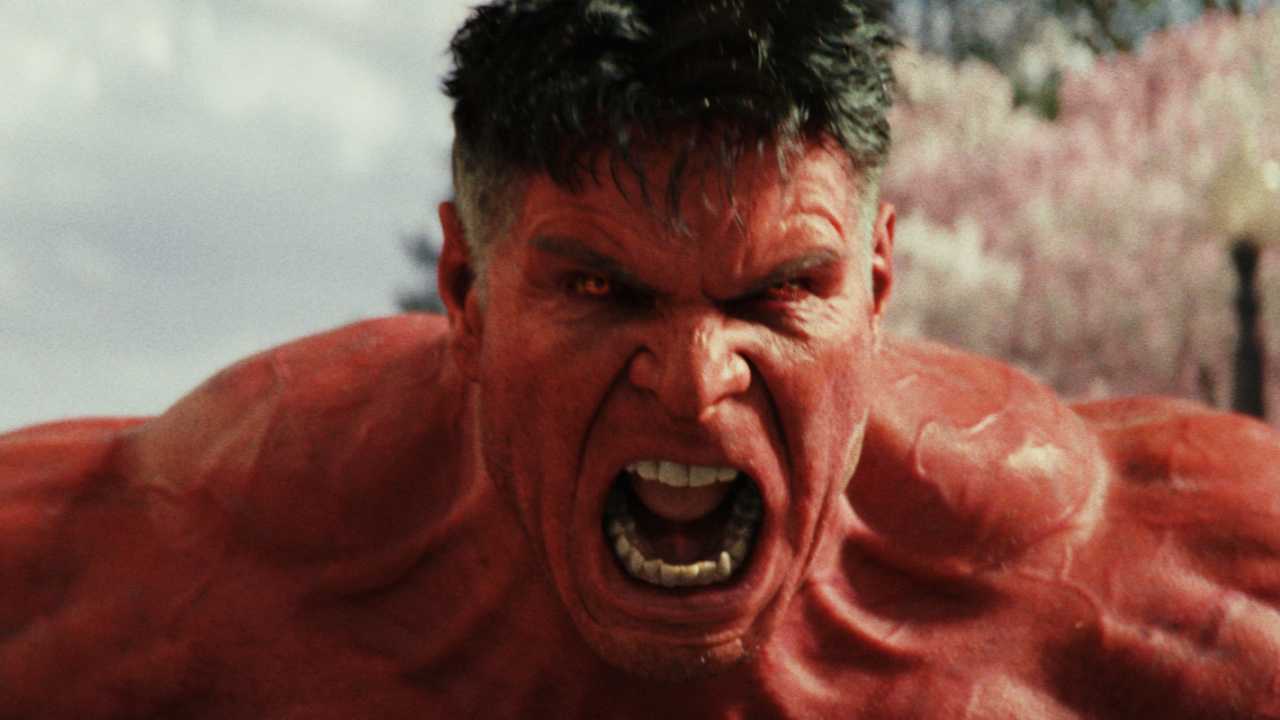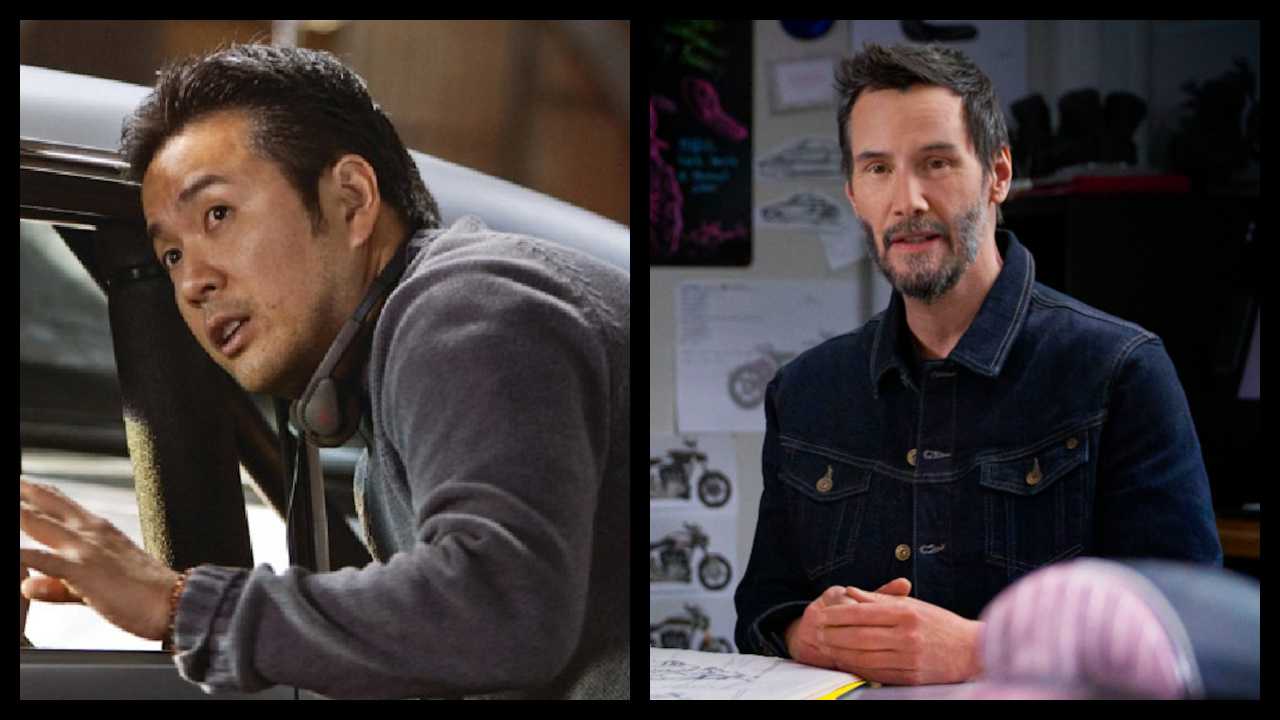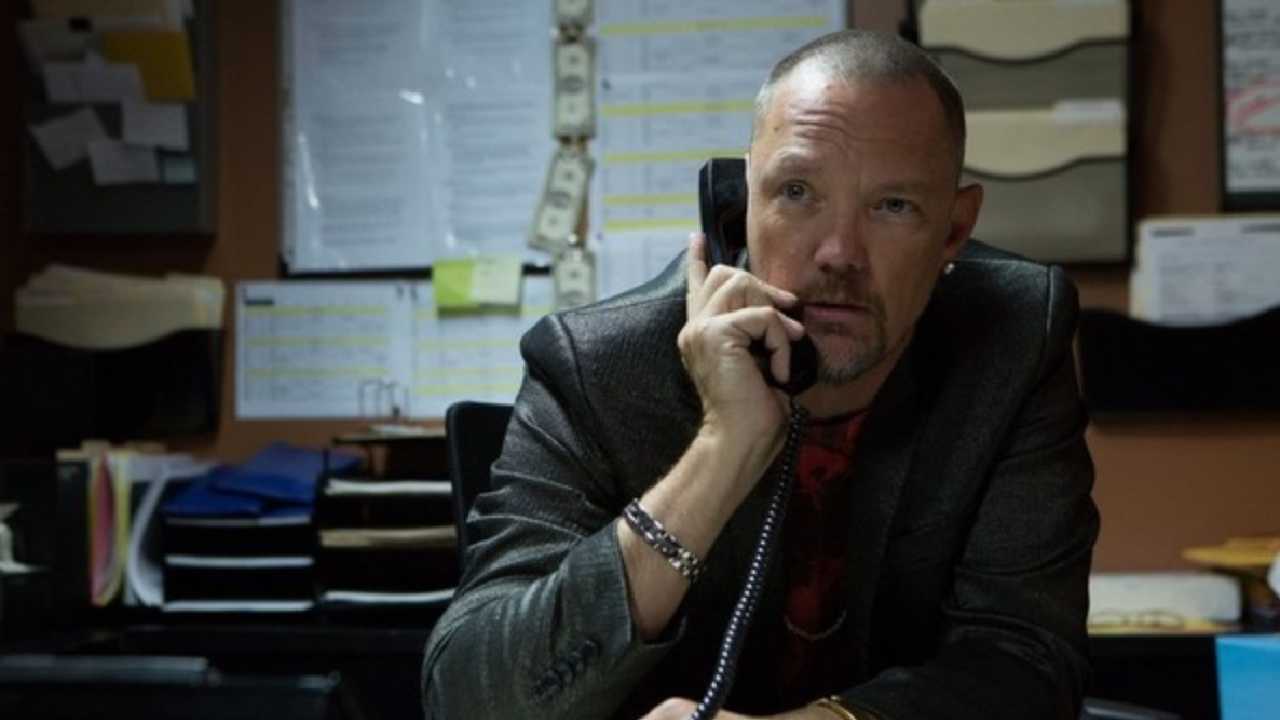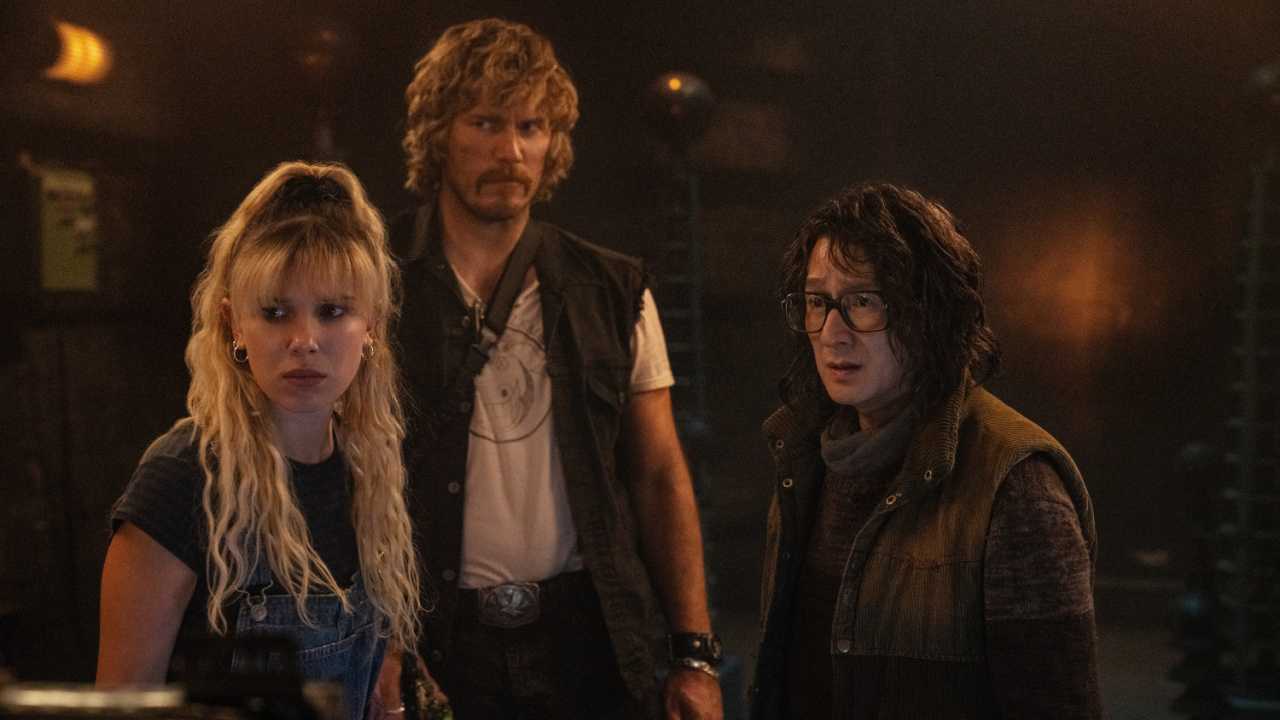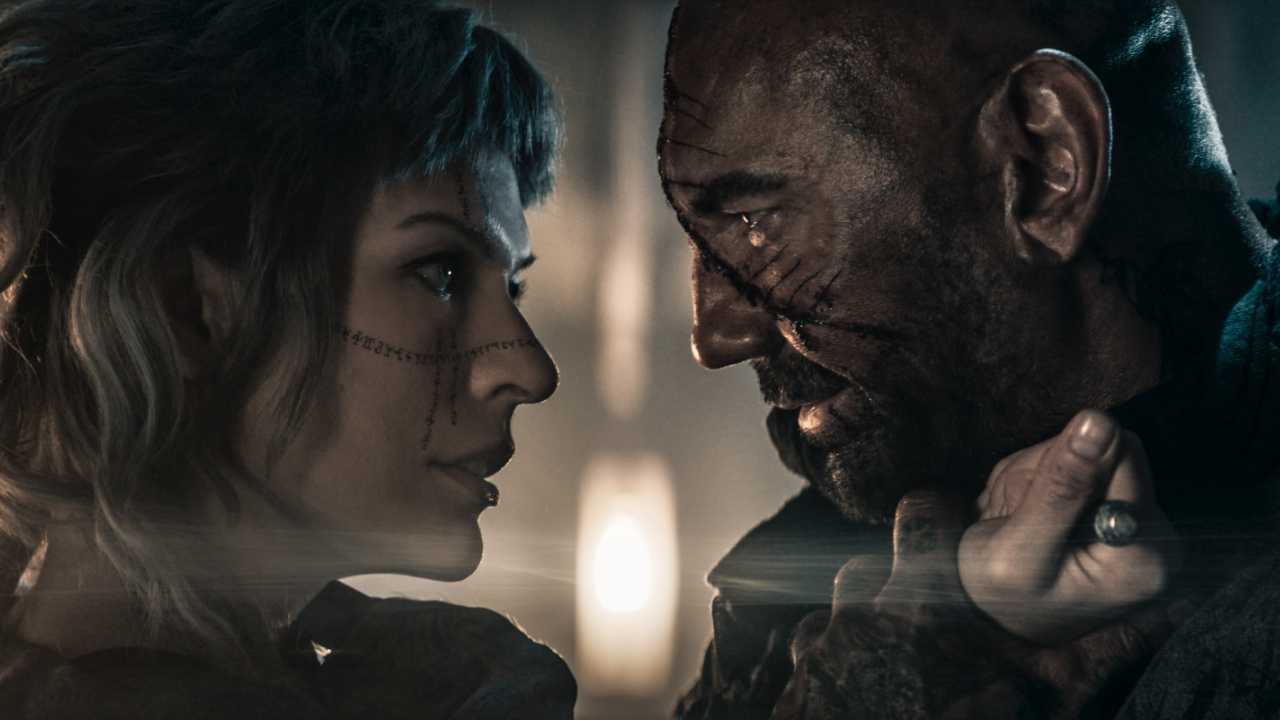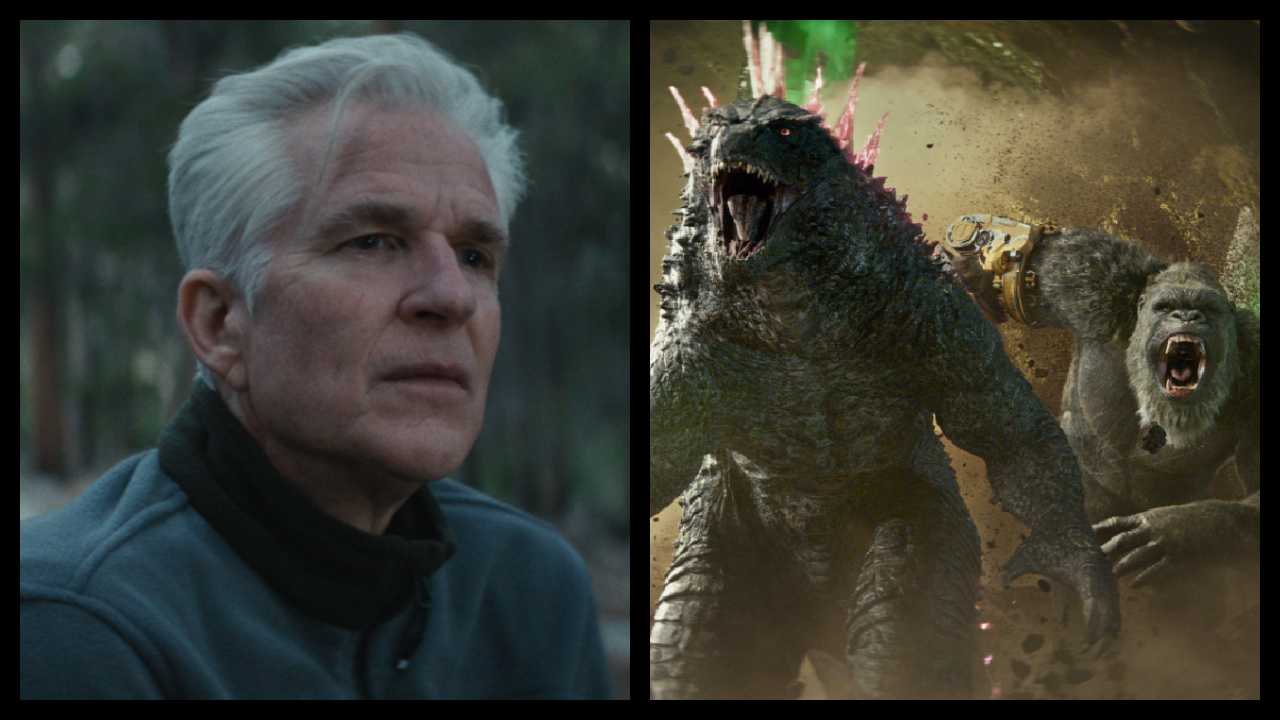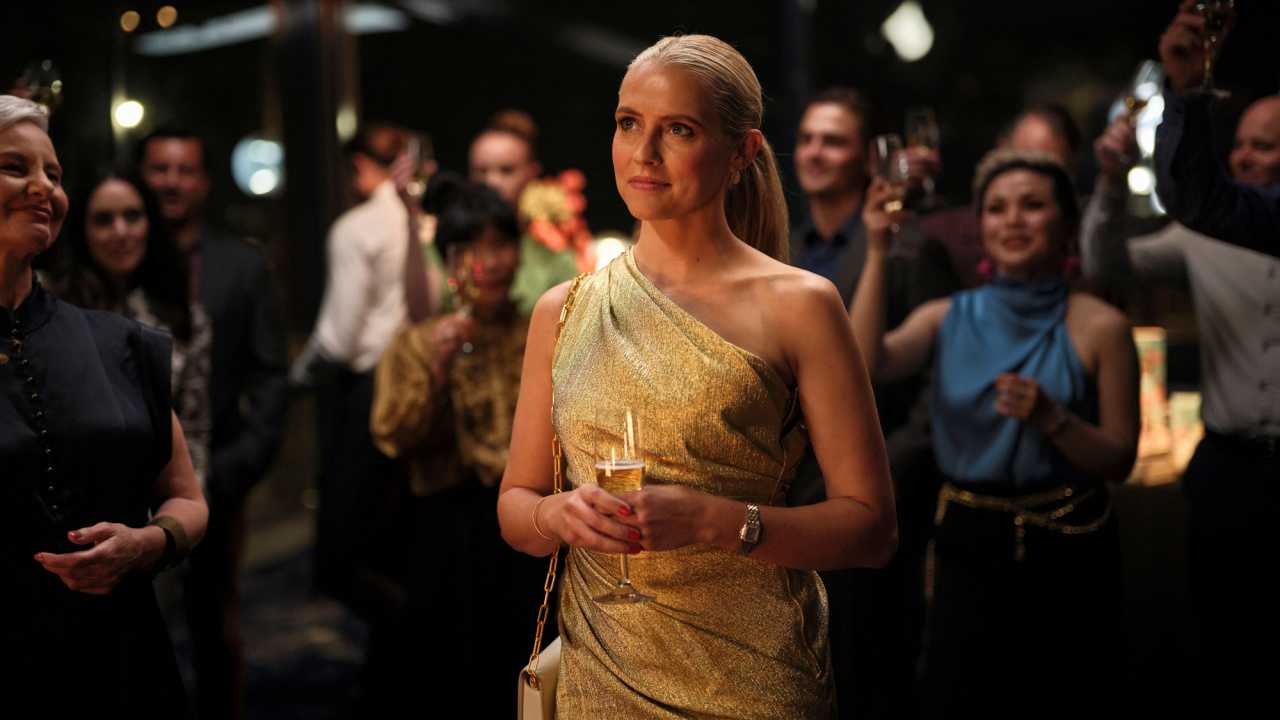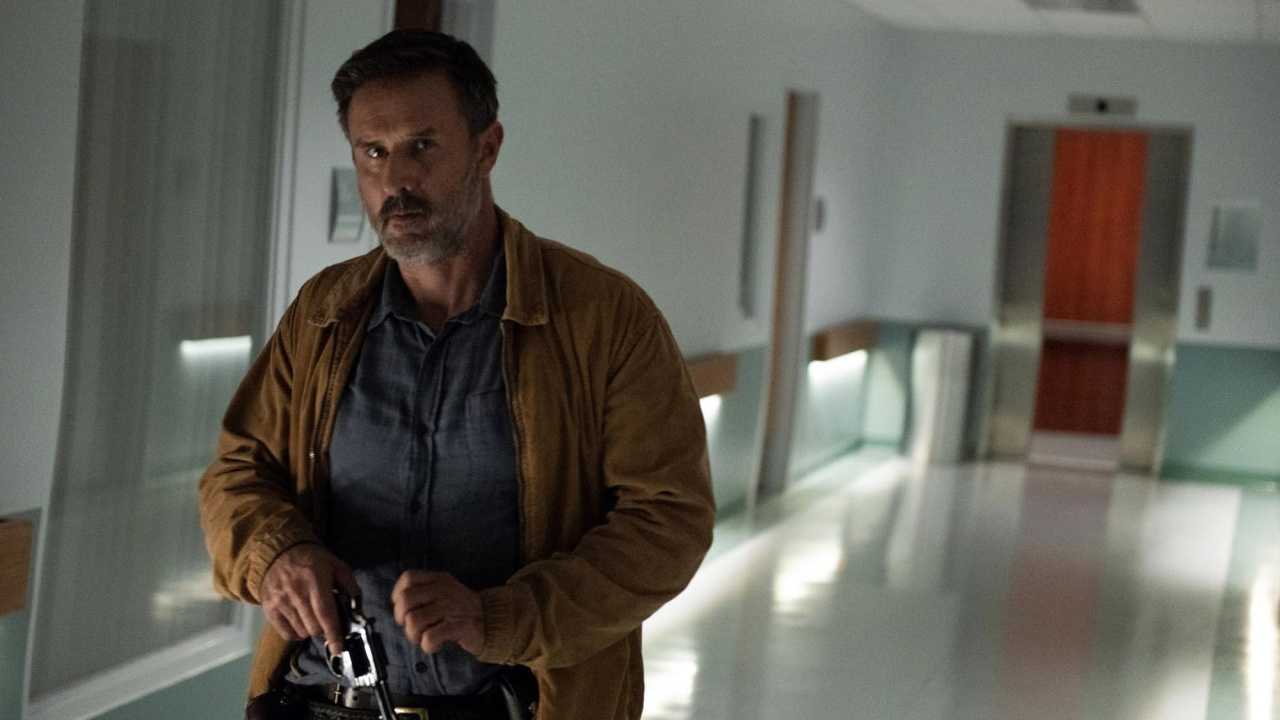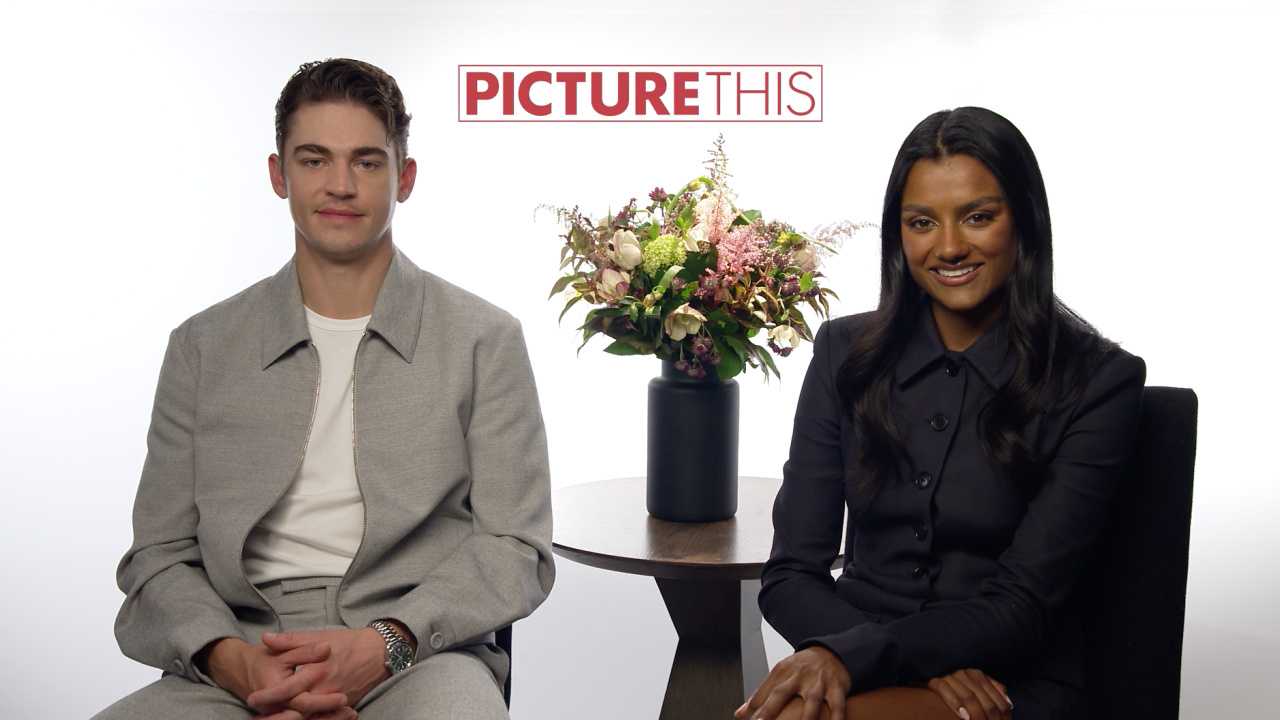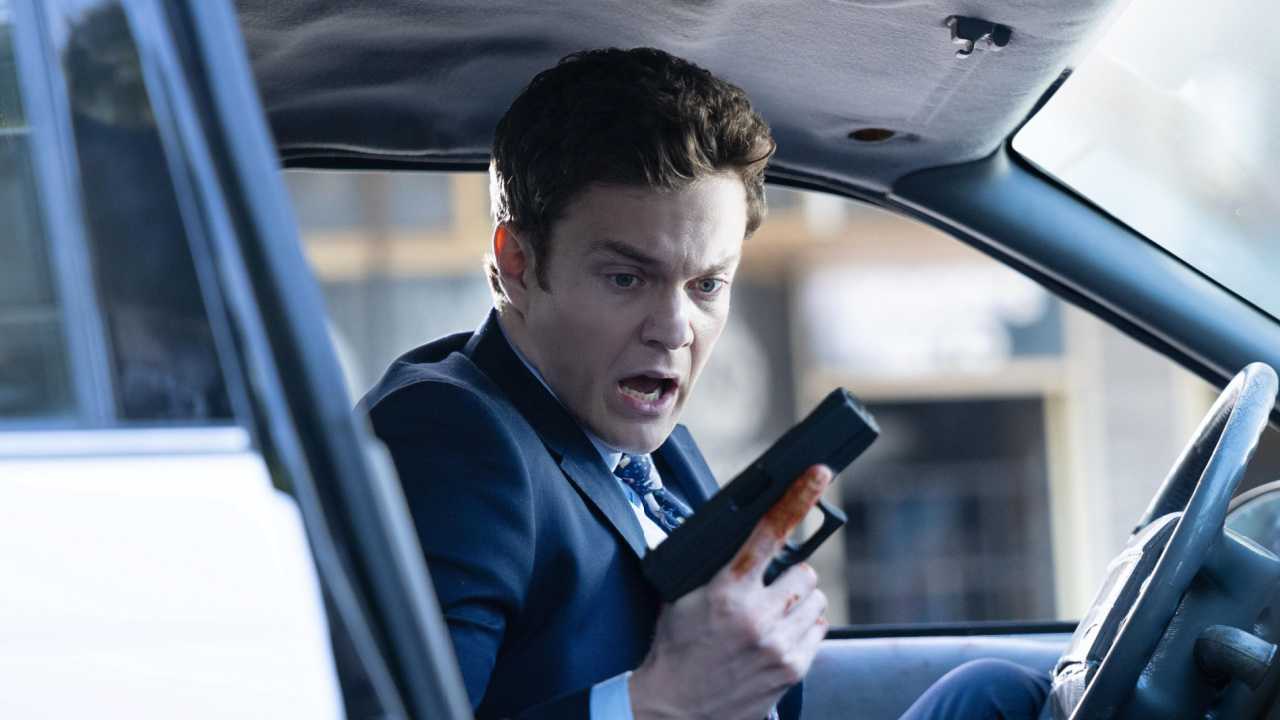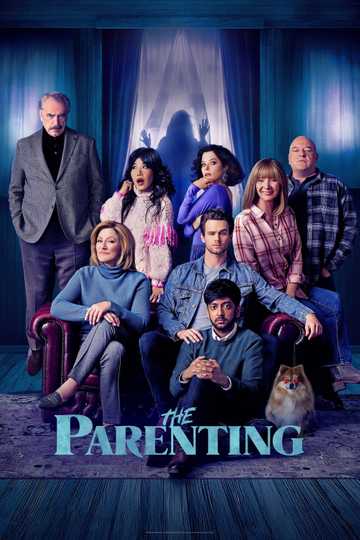Fresh Comic Voice Issa Rae Has Nothing to Be 'Insecure' About
After taking the previously underexposed archetype of the "awkward black girl" to the Internet, Insecure."
Rae become a full-fledged YouTube sensation when her web series "The Misadventures of Awkward Black Girl" debuted in 2011 and marked her as a fresh and authentic new voice with some seriously spot-on comedic spins on contemporary life as a young black woman.
Now, she's bringing her distinctive sensibility to her biggest audience yet with her new sitcom "Insecure," for HBO. Not to pigeonholed as either a black "Girls'" or an African American "Sex and the City," "Insecure" is as distinctly defined a series as and of the premium cable channel's female-led precursors, set squarely in a vibrant corner of Los Angeles and following the unique, often hilarious and always inevitable ways the Rae's character Issa Dee's blackness plays into her life.
And as Rae revealed in conversation with a small group of journalists, it's an even more pointed take than her initial online venture. "[It's] a completely different show," she says. "'Awkward Black Girl" was kind of larger than life, caricature-y. This one was more grounded in reality, closer to my life. Different shows, but some of the same themes."
As you developed this comedy persona, where does she intersect with you, and where are you totally different from her?
Issa Rae: In a sense, she is me. We haven't made a lot of the same choices at all, but at our core we're the same.
Did you feel a responsibility to depict an everyday person, as opposed to the more heightened takes on black women on television, many of which are either super high-level career women, or foils for their husband and families?
Yeah, I think there's room for both. I think that there's room for the super-women, and we wanted to focus on those who aren't quite there yet, and don't have it all together because that's what who I know. It depends on the kind of story that you want to tell. I think in those instances it works for like heightened drama. We're kind of telling a low maintenance story, if you will.
In the way you're going about this, are you finding the universal, relatable quality in centering on the character- and situation-specific comedy?
We're focusing on the specific first, because I think the authenticity comes from, and these real moments that we've each had. I can honestly say that every writer has a piece of their life, or a story, or a chunk taken and put into this show. So that's where the specificity comes in of these unique human experiences. Viewers watch and can relate from that point.
What was the biggest learning curve for you, in transitioning from creating your own content for the Internet to working within the bigger show business system?
Honestly, the development process, just because I'm so used to "I have an idea, I'm going to tweak it, I'm going to put it out there. It's out there." Then this is more, "I have an idea -- okay, there are other voices helping me tweak it, and it may take longer than I want, and I'm very impatient and impulsive." So dealing with that, but the finished product and what we've built together is just hands-down amazing, and probably one of the best things I've done.
Have you had any sort of lunge-across-the-table creative differences with HBO where there's been something where it's like, "No, it really does have to be this?"
Not yet, no. No, I think the biggest thing we had was like to push a controversial moment in the series sooner. And there was initial resistance, like "Come on -- what?" But then it was like, "Oh my gosh, that makes sense," and it made the show better. But nothing like, "You're wrong." Not yet.
What can you say about those fresh-feeling, not-so-familiar locations in South L.A. and what you found vibrant and sexy about them and how you wanted to display them in the show.
For me, growing up there and living life, dating, and making friends in those areas, and seeing those places on television, and seeing them being shot up, or with drugs and things like that, and not knowing that to be my own experience, and wanting to show the different side of it. That was extremely important to me, because some of the best people that I've ever met live there, and I want to showcase that.
Do you have those discoveries in the writing room where you're like, "I thought that thing only happened to me?"
Oh, completely! And the writers have just been so incredible. I really is just like a dream team of people behind the scenes. Just what they've contributed and just what they've brought to the table has been outstanding. Those moments happen all the time.
Do you have location issues shooting there -- I would think that production would be competing with traffic and construction in a busy area like that.
Just noise, yeah. A lot of noise. There's a couple scenes where we're like, "What the heck? Come on. Did we shoot this on the freeway?" But for the most part, the city has been generous, and especially Inglewood in terms of allotting us -- we only had one incident with the LAPD where they just shut down production in one of our neighborhoods. But for the most part, it was incident-free.
Your "Awkward Black Girl" co-star Sujata Day pops in here -- now as your adversary rather than your BFF. How was that transition?
It is a little strange, but it's hilarious. To see Sunjata play her, like, bitchy role, it cracks me up on screen. It's fun. I'm so glad that a lot of the actors were able to take the journey with me, and they're all in these varied roles. It's just fun to see us all like grow together.
You've talked about starting conversations with the audience with the show, as an internet person yourself, you know the conversation on the internet isn't always polite.
No, it's not.
Are you prepared for all the levels of discourse that come out of people wanting to discuss the show from the perspective of their own experiences, and even their own biases?
I don't think I am, to be honest! Because I used to read all the comments for "Awkward Black Girl." I wouldn't respond, but I'd read them and take it in. But I think now I'm aware that more people will be watching.
Because we're doing a show about black women -- we're not saying that we represent all black women at all, [but] I know that that's going to be a topic. I know that people are going to be like, "Well, that's not my experience. I didn't go through that." It's not necessarily meant for everyone. Everyone isn't going to like the show. So I'm fine with that. I'm just not ready to read about it all the time.
What are the TV shows and the films that are most influential for you in the creation of this show?
On the creation of this show, specifically, I've always been influenced by "Curb Your Enthusiasm" and "Seinfeld" and "30 Rock." Film-wise, "Love & Basketball," just because that was just such a regular black love story. It was set in my neighborhood. But I think, for the most part, I can't think of any other shows that this show is like.
What would you most like people to know about this show?
I would most like people to know that I'm really proud of it, and that it should make you laugh. If it doesn't, don't watch it. I just want people to watch it and love it as much as I do.
"Insecure" airs Sundays on HBO.


